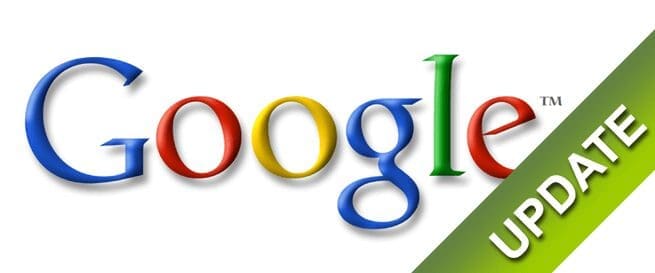
Unleash the true value of your data with our center of excellence, Proove Intelligence.

Citing ongoing privacy and security concerns, Google announced today that it will withhold search term data from paid clicks in much the same way it has from non-paid search traffic since the end of 2011. This means that the “not provided” bucket that has haunted search marketers on the organic side will now apply to paid clicks as well.
In many ways, this announcement is not surprising. First of all, Google’s search chief Amit Singhal dropped a major hint in his keynote at SMX West last month when he said:
“Over a period of time, we [Google’s search and ad sides] have been looking at this issue…. we’re also hearing from our users that they would want their searches to be secure … it’s really important to the users. We really like the way things have gone on the organic side of search.”
That seems like a pretty strong bit of foreshadowing in retrospect. Google also took a lot of heat when it yanked away the search term data from the organic side, leaving in place that data for paying AdWords customers. If it was a legitimate privacy concern to pass this data over the open web for non-paid search clicks, then why was it still OK to do the same thing for paid traffic. Google never really had much of an answer for that argument, and this move takes that question off the table.
Essentially what this means is that paid search data in Google Analytics, Adobe SiteCatalyst and any other web analytics tool will show a great big bucket called “not provided” when you look at the keyword-level reporting. Anyone who’s spent any time looking at web analytics data over the past few years will be well-acquainted with that phrase, as it’s been eating up a larger and larger portion of non-paid traffic. At DAC these days, we generally see “not provided” take up more than 60% of our clients’ non paid search traffic (essentially everything from Google).
Something that’s really important to remember here is that this data will still be available to marketers through AdWords. Search term data will continue to be available in abundance through tools like search query reports, which can even be pulled through the Google API. Conversion tracking and optimization down to the keyword/search term level will still be possible. This data can even be pulled into Google Analytics by linking AdWords accounts. In that sense, this change doesn’t loom nearly as large as the one made on the organic search side, where much of the data has become unavailable to marketers entirely. This paid search data is still there; it will just likely need to be cobbled together from different sources.
Life, though, may get more complicated for third parties who have relied on the search term data that was passed in the URL to pull reporting or provide marketing solutions. This could include bid management platforms, dynamic landing page technologies, call tracking providers and a whole bunch of others. The full implications of this change on solutions like this won’t be clear for some time.
Subscribe to our monthly newsletter.
To me, the much more interesting dimension of this announcement lies in what is says about where Google wants to take the concept of search. I see it as a larger trend to move beyond basic information retrieval and to de-emphasize the keyword as a signal and a marketing tool. Ultimately, I think Google would love it if they could get away from marketers worrying about search terms at all. They’ve been working hard on changing the way people think about search through things like Google Now, which is focused on pushing relevant information to you that you didn’t ask for; Enhanced Campaigns, which focused on leveraging context like device and location; and broader initiatives like their push into artificial intelligence through their acquisition of Deep Mind.
I envision a day when you don’t have to research and build a keyword list at all. Rather, you just let Google know what you want to sell and roughly to whom and let them do the rest. They’ll use everything they know about who’s in market for your products and services (what they’ve searched for, what pages they view, how old they are, where they live, etc.) to serve them the right ad messaging at the right time to maximize results. This could be a mix of search ads, display, YouTube, Gmail promotions and whatever else they have in their toolkit. Now, to a lot of people, that may sound far-fetched, but if I told you three years ago that today Google would be withholding all search term data from the paid and non paid search channels, a whole lot of people would have thought that was far-fetched, too, but here we are. Today may be just one more milestone on the road to a post-keyword world.
Interested in finding out more? Contact us today!
Unleash the true value of your data with our center of excellence, Proove Intelligence.
Unleash the true value of your data with our center of excellence, Proove Intelligence.
Unleash the true value of your data with our center of excellence, Proove Intelligence.
Subscribe to our monthly newsletter.